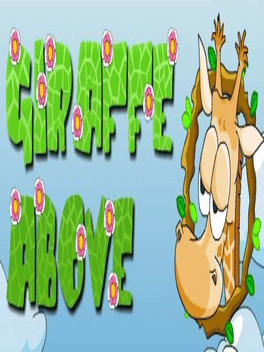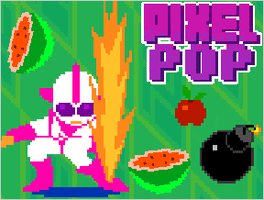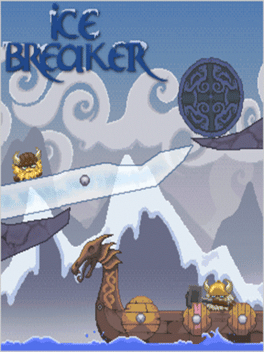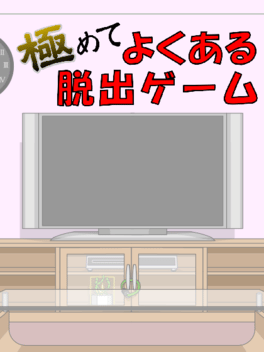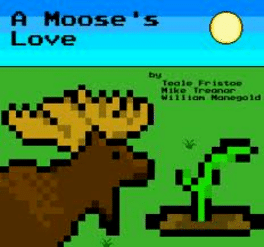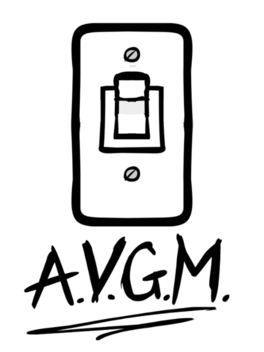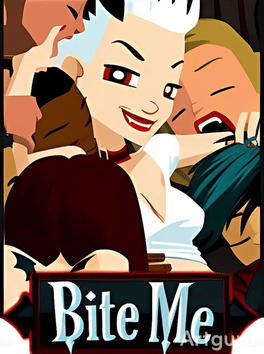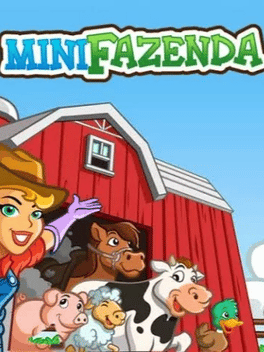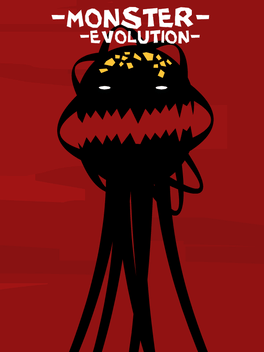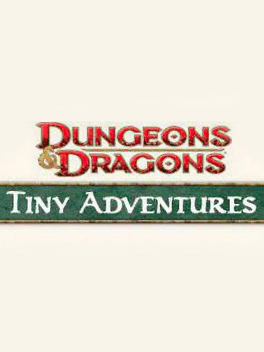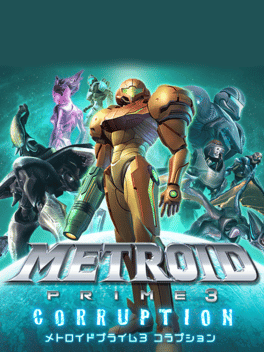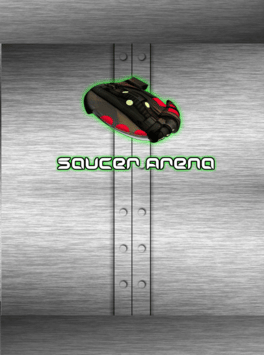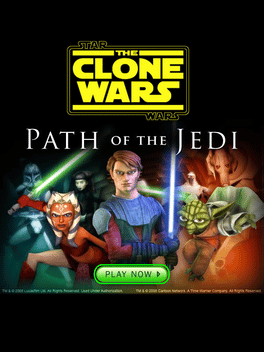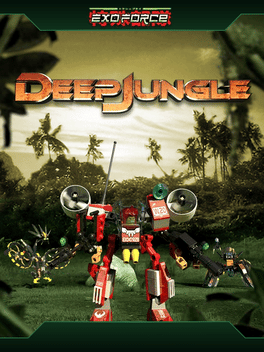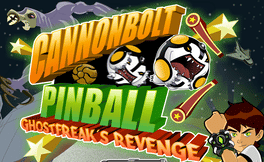New Web Browser Games - Page 284
-
Giraffe Above
2009
Giraffe Above
2009
Mmmmm apples. You’re an apple-crazy Giraffe on a mission to gobble all the apples in Africa! Your objective is to collect the apples in the tree in one continuous line and then get your head to the exit. The tricky part is not crossing your neck at any point or blocking your head into a corner! You only have a limited amount of time to do this and the puzzles become more difficult as you progress through the game. -
Choose Your Weapons TD
2009
This game combines the game play of a tower defense game, and the fun of destroying the stickman virus. You get to use towers, and some fun things to lay on the track (mouse trap, land mines, frying pan). They all eliminate the virus in their own fun way. -
Pixel Pop
2009
-
Scriball
2009
Scriball
2009
An original drawing skill game by Gaz Thomas. Can you guide the ball through 43 levels and defeat the boss? Includes a level editor! -
Ice Breaker
2009
Ice Breaker
2009
Ice Breaker is a physics-puzzle game released January 4, 2009, and is the first installment of the Ice Breaker series. The player must use the mouse to cut ice and objects to get the vikings to their longboat. This game, along with twelve other games, was made a distributable game on August 25th, 2011, and was one of the first distributable games. -
Time4Cat
2009
Time4Cat
2009
A stray cat stumbles upon a special collar that allows the wearer to control time. The feline sets out during a busy lunch break and uses the collar’s unique power to collect the morsels of food dropped by busy, clumsy workers. -
Kiwamete Yoku aru Dasshutsu Game
2009
Kiwamete Yokuaru Dasshutsu Game, also commonly referred to as "Dona Room 4" or "Dona's Room 4" in the West, is the fourth and final game in a series of escape games by Naoki Nakashima. -
A Moose's Love
2009
-
A.V.G.M.
2009
A.V.G.M.
2009
A.V.G.M. is an experimental game made by Edmund McMillen and Tyler Glaiel that serves as commentary on "mindless clicks for rewards" model that games such as FarmVille employ. -
Bite Me
2009
Bite Me
2009
Bite Me was a classic Facebook vampire battle game where you built your clan, bit other players, levelled up your powers, and dominated the night. A fun mix of strategy, PvP, and dark humour that everyone used to grind back in the day. -
Firey's Candy Bar Adventure
2009
Firey's Candy Bar Adventure is the first game released based on the Battle For Dream Island series, predating the show itself. However, the game is incomplete and is not currently being worked on. -
Smoking Kills
2009
Smoking Kills
2009
Follow an un-named gun-for-hire contracted to target smokers and smoking campaigns in this parody of assassin games. -
Mini Fazenda
2009
-
Monster Evolution
2009
Monster Evolution
2009
Play as a monster. Create havoc, feed on humans, and evolve into 25 different monsters! -
Dungeons & Dragons: Tiny Adventures
2008
Dungeons & Dragons: Tiny Adventures was a social idle role-playing game on Facebook. -
Special Mission
2008
-
Saucer Arena
2008
Saucer Arena
2008
In Saucer Arena you are a flying saucer. The Order of Red Saucers Challenges you to fight in the arena. Your flying saucer is equipped with a recharging plasma shield. If it depletes, your hull takes damage directly.You are given 3 special abilities to use. Earn money by destroying units, which you can use to purchase upgrades. There are three difficulty levels, easy/medium/hard. Saucer Arena has 36 waves. -
Star Wars: The Clone Wars - Path of the Jedi
2008
Path of the Jedi is a sidescrolling action platformer based on the Star Wars: The Clone Wars TV series. You have the chocie of 3 playable characters, Anakin Skywalker, Ahoska Tano and Yoda, Across 3 storyline loosley based on events from the TV series. -
LEGO Exo-Force: Deep Jungle
2008
Deep Jungle is a top-down shooter hosted on LEGO's website in 2008 to tie in with the Exo-Force wave of sets of the same name. -
Ben 10: Cannonbolt Pinball - Ghostfreak's Revenge
2008
Ghostfreak wants the world to submerge into darkness! Launch Cannonbolt into action in an all-out pinball battle.
